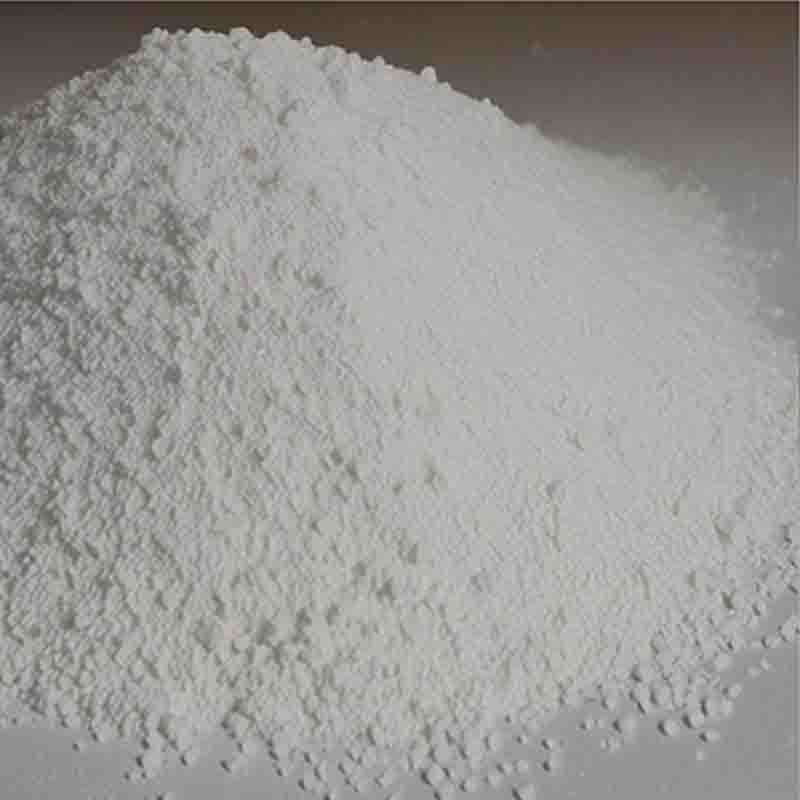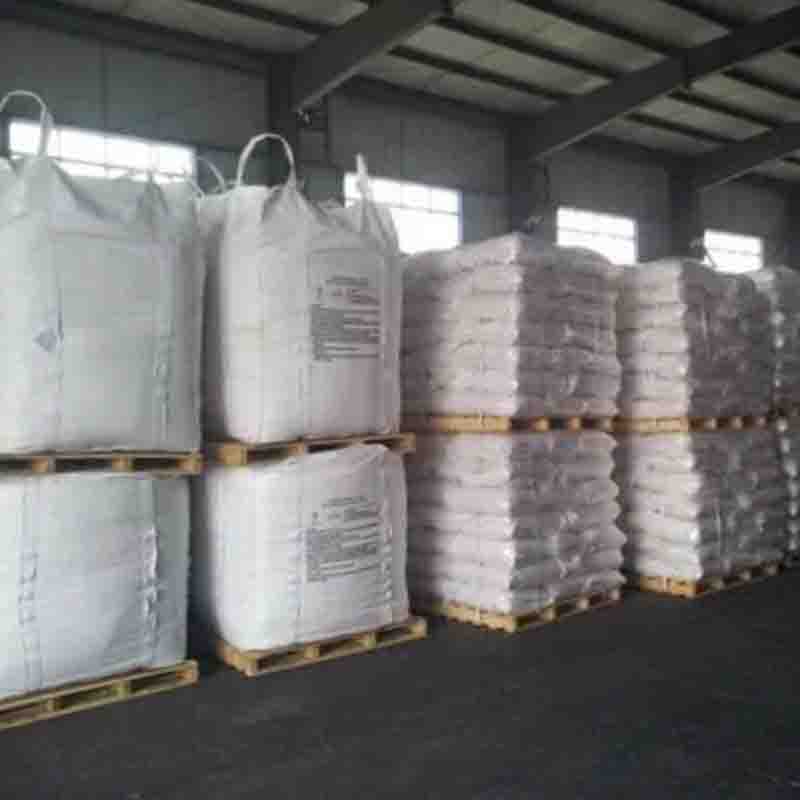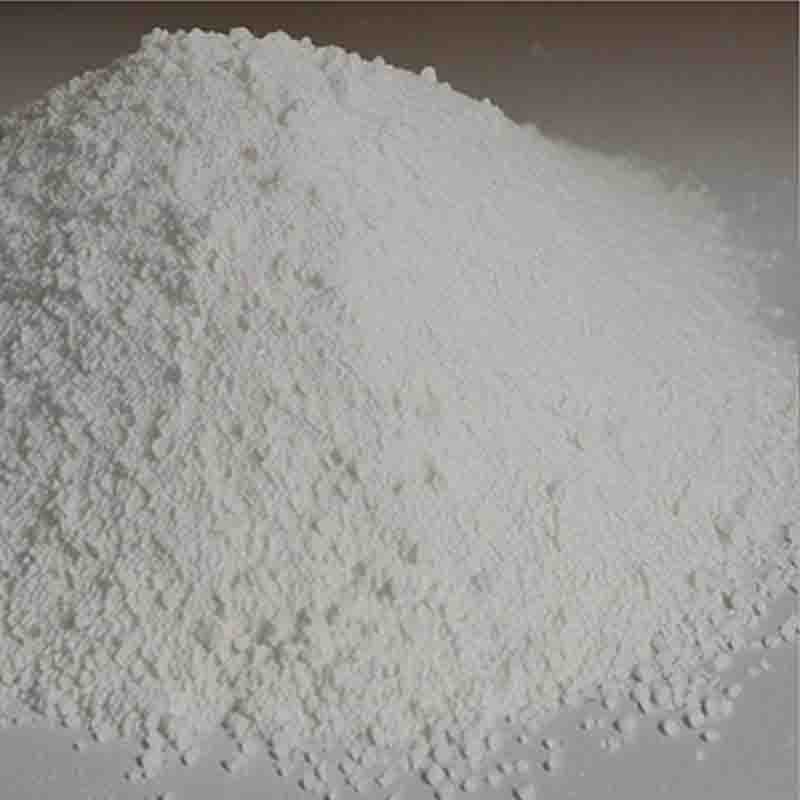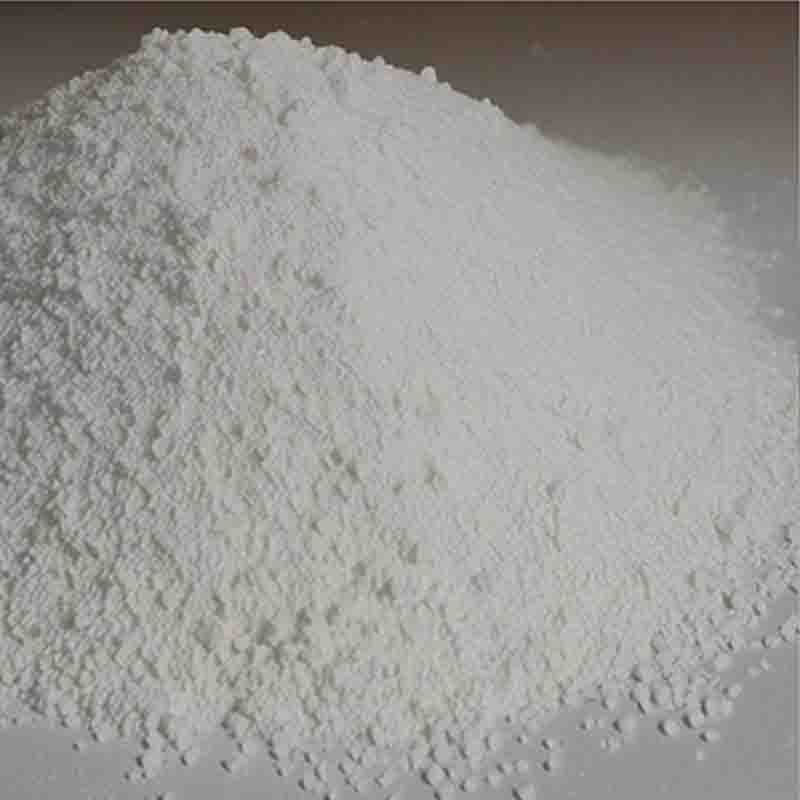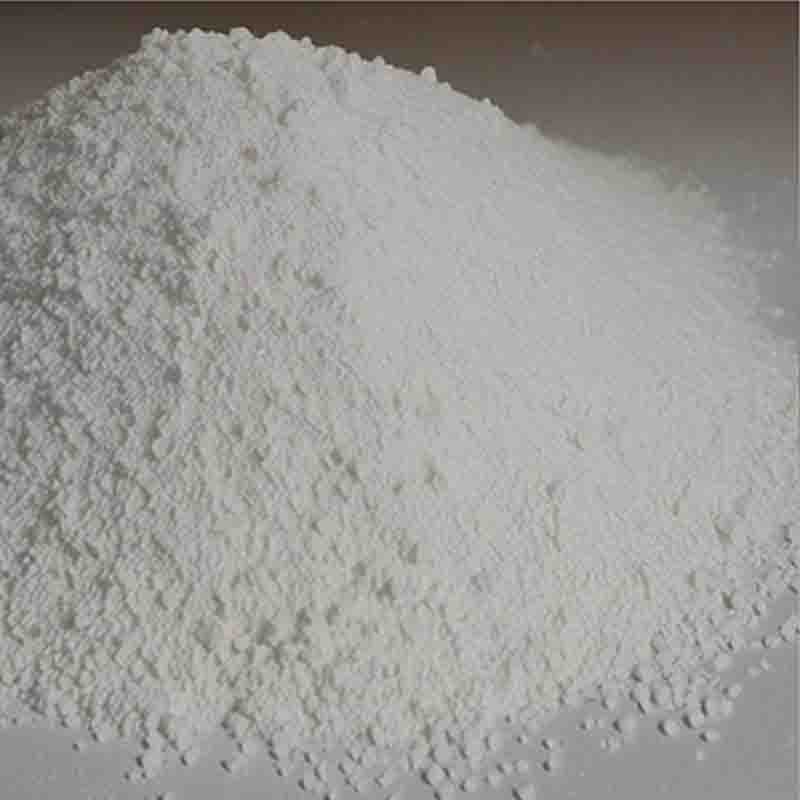Cisplatin CAS: 15663-27-1
| Catalog Number | XD94472 |
| Product Name | Cisplatin |
| CAS | 15663-27-1 |
| Molecular Formula | Cl2H6N2Pt |
| Molecular Weight | 300.05 |
| Storage Details | Ambient |
Product Specification
| Appearance | White powder |
| Assay | 99% min |
Cisplatin, also known as trans-Dichlorodiamineplatinum(II), is a widely used chemotherapy drug in the field of oncology. It has been a key component in the treatment of various types of cancers, including testicular, ovarian, bladder, lung, and head and neck cancers.The primary mechanism of action of cisplatin lies in its ability to bind to DNA molecules. Once inside the cell, cisplatin forms covalent bonds with purine bases, particularly guanine, in DNA strands. This leads to the formation of DNA adducts and cross-links, which interfere with DNA replication and transcription processes. As a result, the affected cancer cells experience cell cycle arrest and ultimately undergo programmed cell death.Cisplatin is typically administered intravenously and can be used alone or in combination with other chemotherapy drugs. The combination therapy, often referred to as cisplatin-based chemotherapy regimens, has been particularly effective in increasing response rates and improving overall survival rates in cancer patients.However, it is important to note that cisplatin treatment can have adverse side effects. Nephrotoxicity is one of the most significant concerns associated with cisplatin use, as it can cause kidney damage. Patients undergoing cisplatin therapy require constant monitoring of kidney function, and measures must be taken to manage or minimize nephrotoxicity.Other common side effects of cisplatin include neurotoxicity, which can manifest as peripheral neuropathy, and ototoxicity, which can result in hearing loss or tinnitus. These side effects can negatively impact patients' quality of life and may require additional interventions or adjustments to treatment protocols.In addition to its therapeutic use, cisplatin has also contributed to advancements in scientific research. Its ability to interact with DNA has made it an invaluable tool for understanding DNA structure, DNA-protein interactions, and DNA repair mechanisms. Furthermore, its success in cancer treatment has led to the development of new platinum-based drugs with improved properties and reduced side effects.In summary, cisplatin is a widely used chemotherapy drug that functions by forming covalent bonds with DNA, leading to DNA cross-linking and inhibition of cancer cell growth. Though effective, it is not without its challenges, including the potential for nephrotoxicity, neurotoxicity, and ototoxicity. Nevertheless, cisplatin has played a pivotal role in cancer treatment and has opened doors for further research and development of improved therapies in the fight against cancer.




